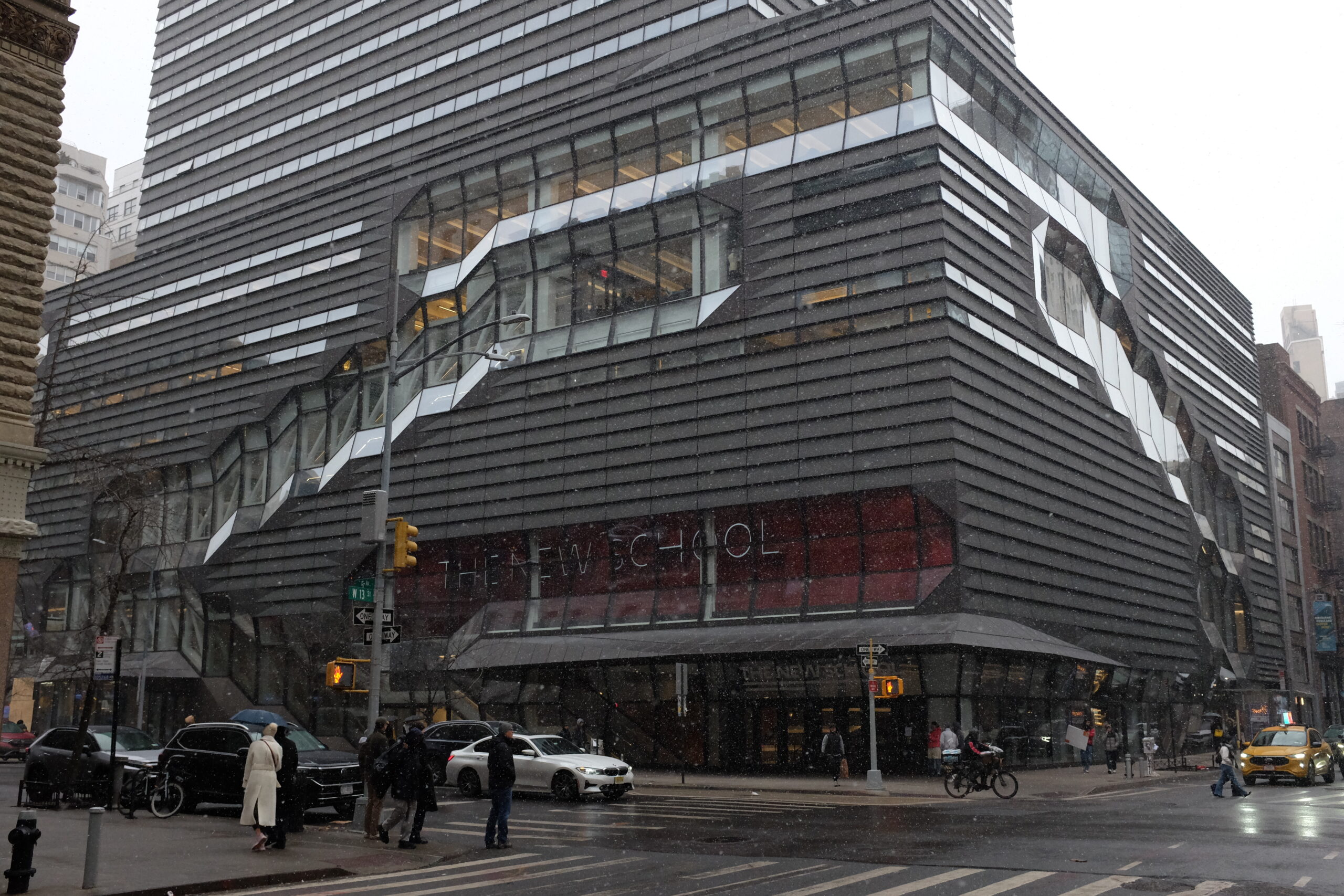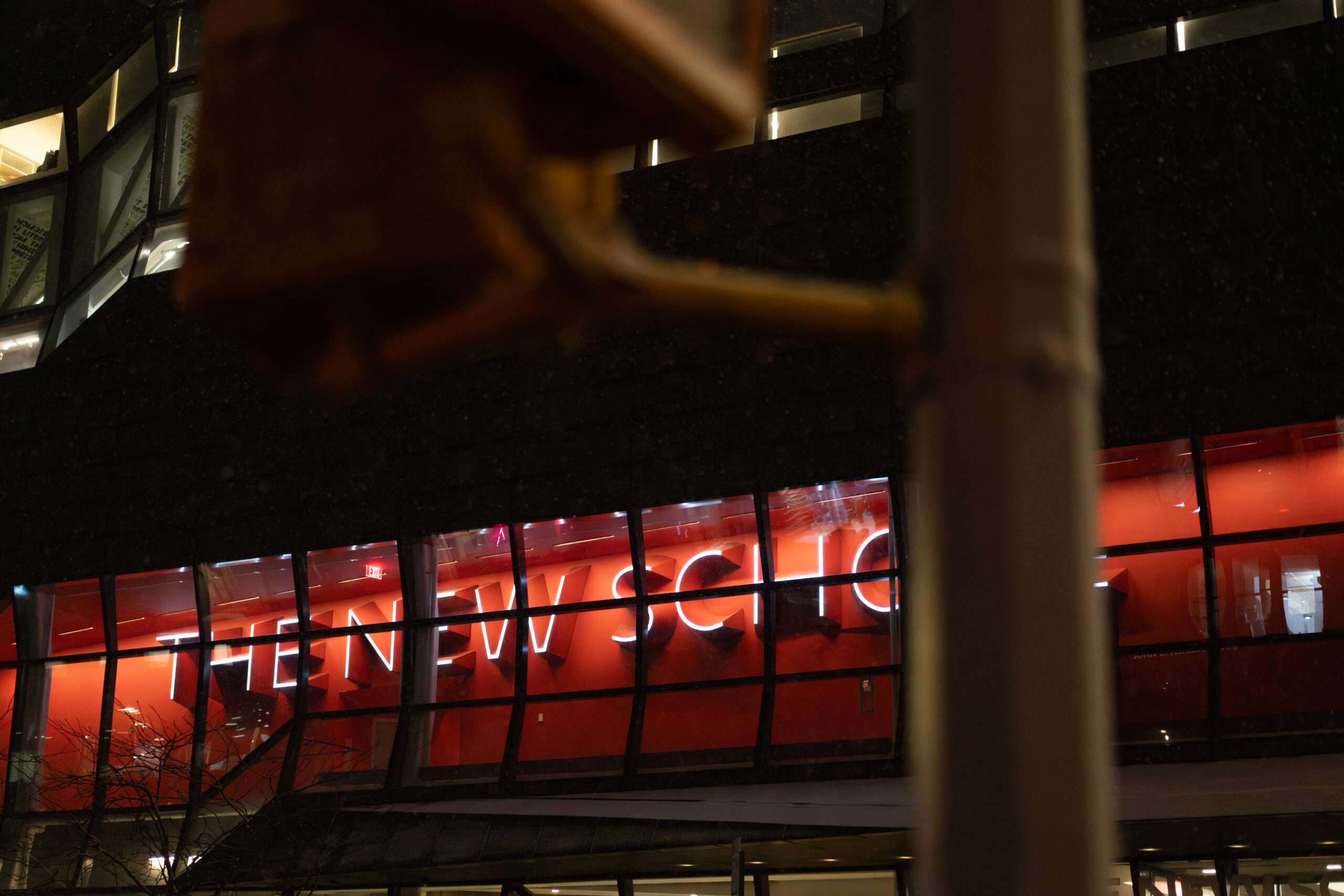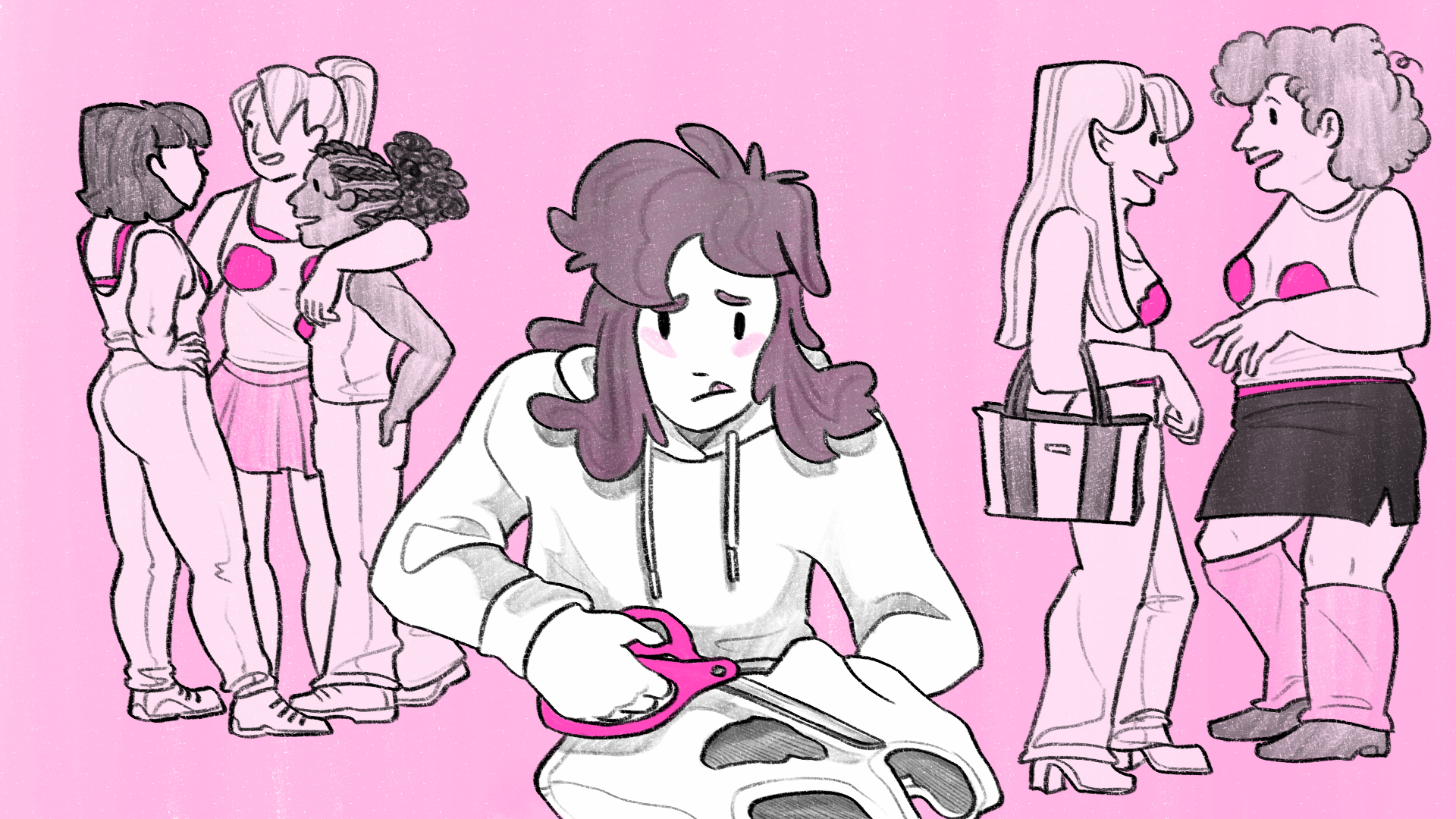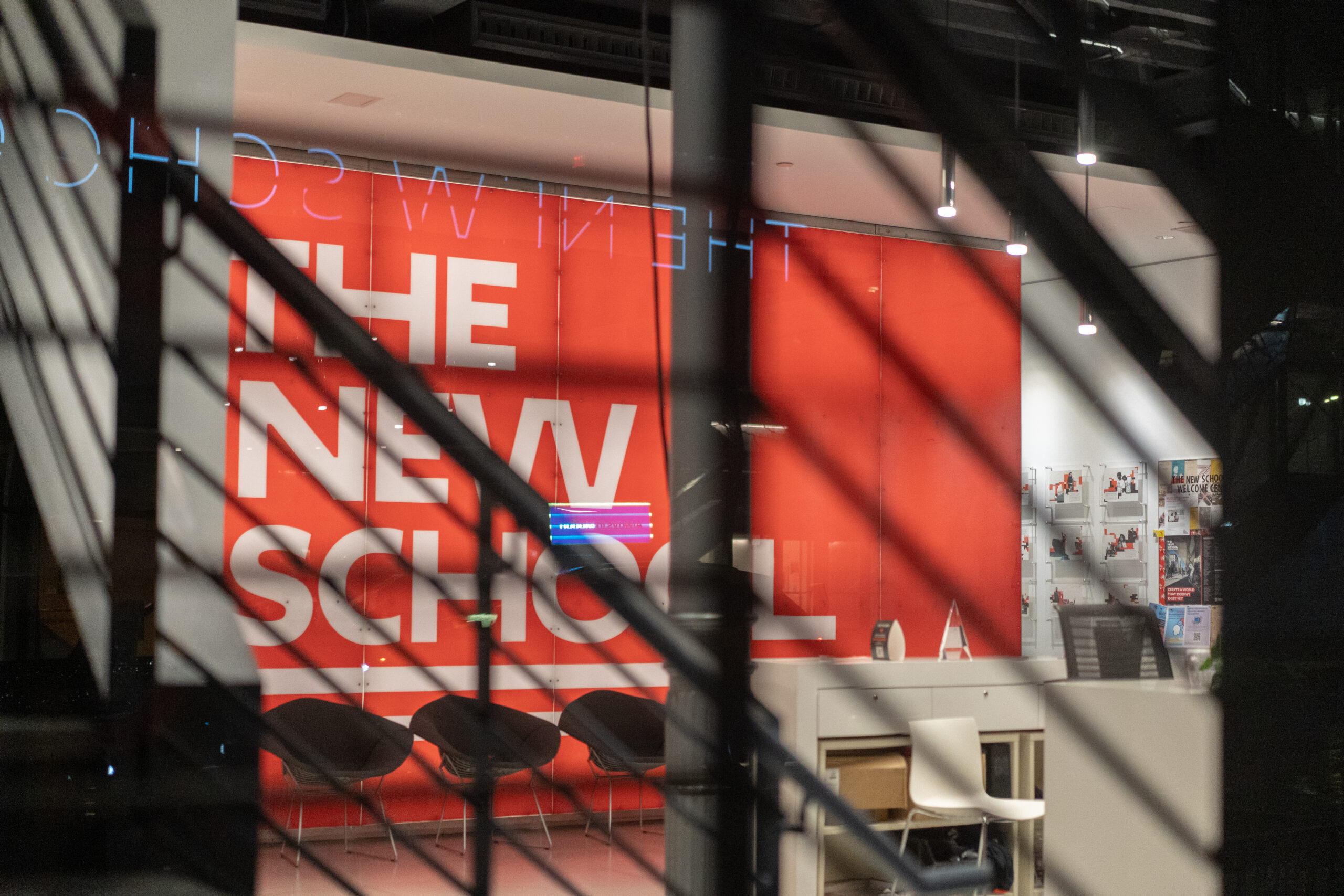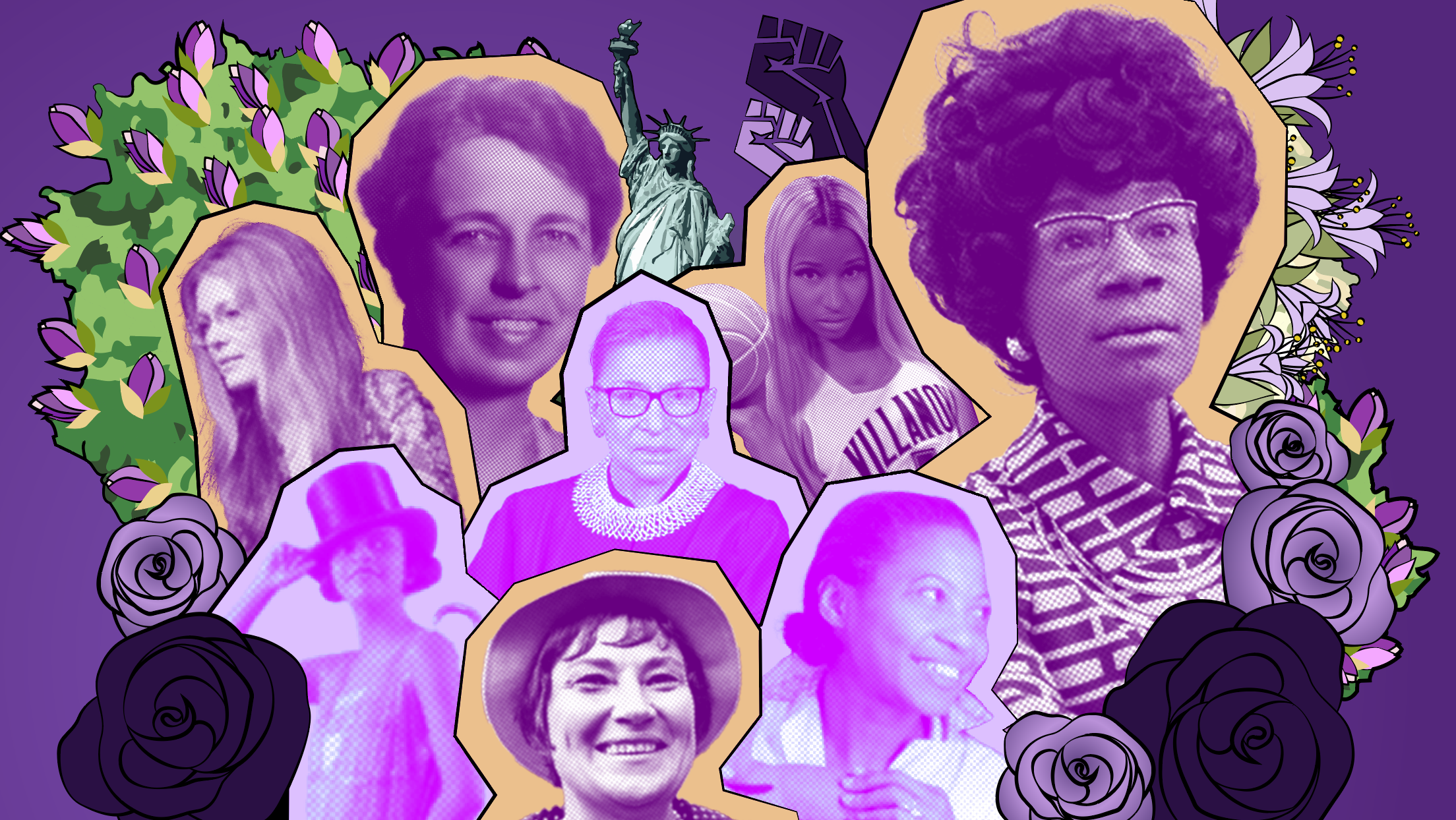ALYSSA JONES
Alyssa, 19
Contemporary Music, Lang
Atlanta, Georgia
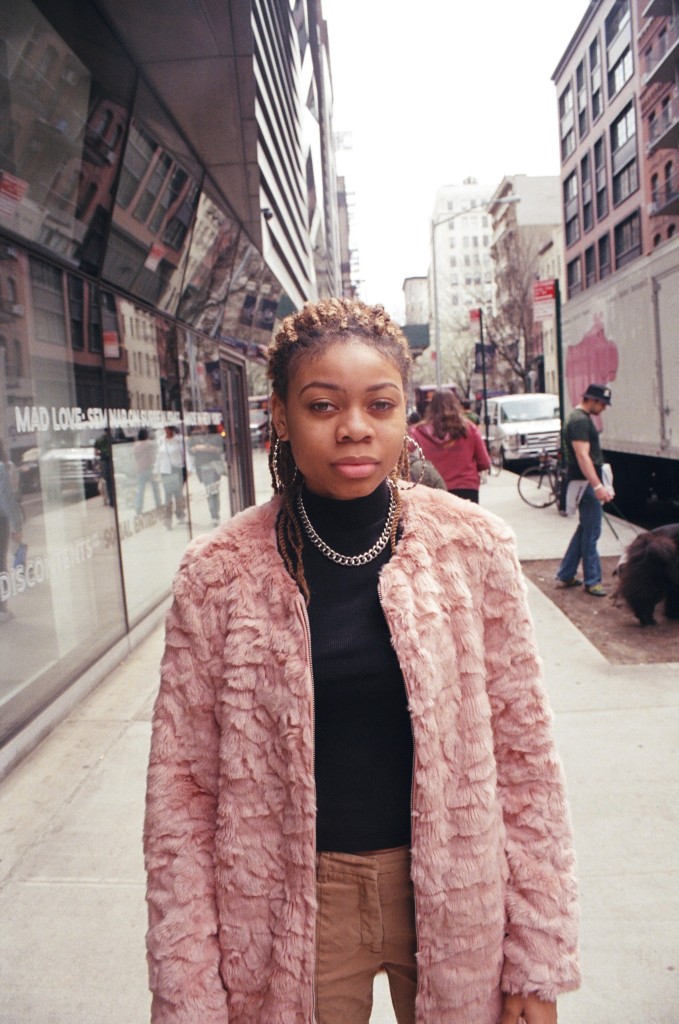
Do you think your hair defines who you are?
I do think my hair reflects who I am now. I don’t think it necessarily defines who I am, but I do think it’s a nice visual indicator of some of my character attributes, in the sense that it’s kind of bold, but subtle, but then not really. One day I might have my hair in a knot- out and then I’ll have an afro over the weekend. In that respect, I think it shows that I’m a person who’s changing and shows what I want to be and also taking on different forms in the person that I already am.
Are there any misconceptions about your hair that you would like to set straight?
People without afros are usually like “I didn’t know fros could be neat.” And, I’m like…I mean it’s hair. I think there’s this preconceived notion that your hair should look a certain way. And I don’t really know how to define neat, but I guess it, somehow, falls into those certain parameters that society thinks your hair should be. And I think that if your hair falls outside of that, then it’s believed that your hair isn’t neat.
Do you think your music and your hair, in some way, are connected?
Definitely. I think my music has followed the same evolution as my hair. If you go back to some of my older stuff, I think it was very safe. With the project I will be releasing soon, it’s more experimental. I’m trying to incorporate other genres into alternative soul and breaking the boundaries of that. I think my music is paralleled with my hair.
HENRIETTA AUDU
Henriette Audu, 20
Integrative Design with focus in Fashion Studies, Parsons
Jos, Nigeria
What has your hair experience taught you over the years?
It’s taught me that people are different. My hair is not the same as my other black friends’ hair. This is going to sound kind of corny, but people don’t take the time to appreciate their uniqueness. Sometimes, people try to make themselves look like others. If we take the time to appreciate our hair for what it is, and not compare ourselves, we’ll see there is something unique about us, which is what I’ve learned about myself.
Are there any misconceptions about your hair that you would like to set straight?
OH YEAH! [laughs] Okay, first of all, people always see me with extensions and they’re like “Oh your hair grew,” and they saw me last week with short hair. No my hair did not grow, it’s just extensions. Like I said, my hair is always changing so you’ll see me with short hair, curly hair, twists, but it’s hair that I add on. It’s still my hair. I paid money for it. I own it, but I didn’t grow it in two weeks. I would love for people to stop asking me that [laughs].
What do you wish you could see more of in regards to hair within the communities you’re apart of?
I wish, especially in terms of black hair, and where I’m from in Nigeria, it wasn’t looked at as a negative thing. I know in New York, right now, it’s not as big of a deal— I mean there are still some issues— but, compared to where I’m from natural hair is still looked at as disorganized. “Where’s your home training? Didn’t your mother teach you how to comb your hair?” So I wish back home they would accept natural hair because it grows out of our head. That’s just the way it is.
Honestly, there are still some very old rooted beliefs there that came from colonialism and white supremacy. A lot of our posters and advertisements are of white women that say, “Do you want your hair to look like this?” Or even black women in the media— there’ll be a picture of Beyonce, but she still has straight hair. It’s the idea that straight hair is easier to manage and therefore more beautiful.
DOMINIQUE MILLS
Dominique Mills, 22
Integrative Design, Parsons
Philadelphia
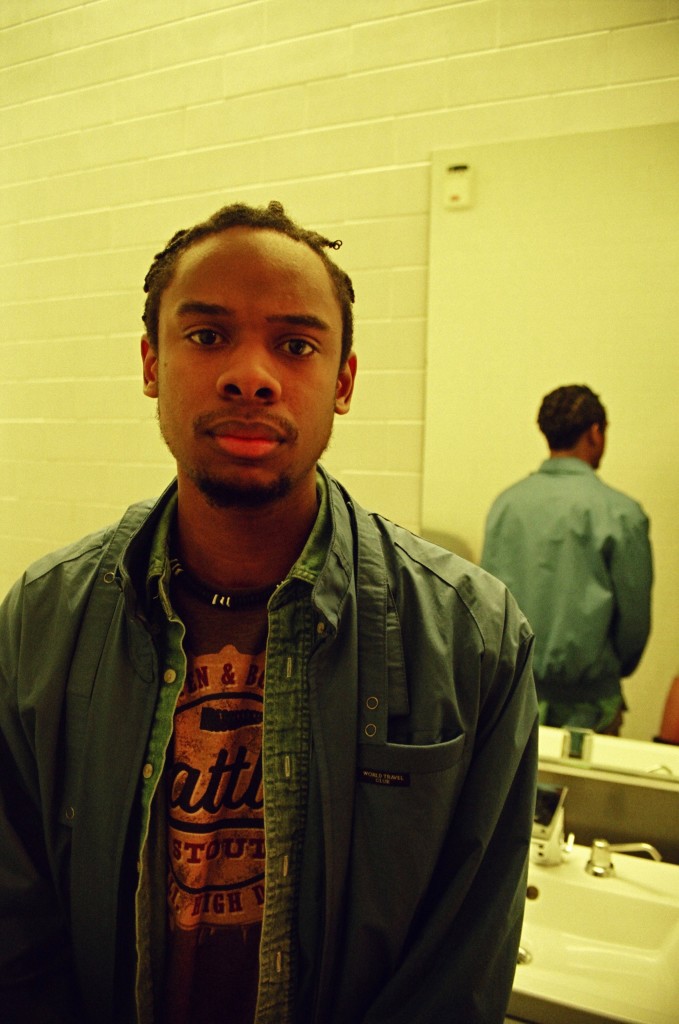
Over the years, the conversation of hair in the African American community has become a prominent and ever evolving cluster of history, ideas, opinions. Has the way you keep your hair ever been influenced by these societal notions. If so, how? Why and why not?
I guess subconsciously. I didn’t consciously see a bunch of black people doing things and then start doing it because a bunch of black people were doing it. The idea of good hair and bad hair doesn’t make sense to me. What does that even mean really? Ya know. You can have a bad hairstyle. Everybody has good hair, whether it’s straight and you’re white. Whether it’s curly and you’re black. You have good hair because it’s yours. That’s how I see it.
Do you think your hair defines who you are?
I think your hair is a part of who you are. It being picked out makes me look super black. We are all super versions of whatever we are, but I’m more than that. I’m a lot of different things.
My hair is up and picked out. People don’t really do that anymore. The idea of it came from 70’s, 60’s Black Panther type things where everyone’s fros were picked out and they carried their picks with them, which I have with me right now [takes his pick comb out of his pocket]. Maybe that’s why I have my hair like this for now, because it’s just fun to imagine my hair like it and being in that time.
Describe your hair in one word, sentence, quote, lyric, song, movie, etc.?
Fly. Cause I’m fly…superfly.
ADRIEL VINCENT-BROWN
Adriel Vincent-Brown, 21
Drums, The New School for Jazz and Contemporary Music
Trinidad and Tobago
Describe your relationship with your hair now in comparison to growing up.
Well, growing up I went to school in Trinidad and you couldn’t have long hair at my school, so I would have to cut my hair. I only started growing it out when I left school. Now I don’t get hair cuts.
I didn’t want to have a fro because the fro is just too loud. I wanted my hair to fall or be able to put it back. Not too much thought went into locking it. I just decided to do it. I made the decision to lock it once I left school because it was just oppressive having to cut my hair so much for so long. After awhile I really just wanted to grow it out. I wanted to be able to have my own hair.
Do you think your hair defines who you are?
Yeah, I guess it reflects the fact that I don’t put too much effort into it. Like, I’m a little bit careless. But, I mean I keep it clean— I wash it. I do do it. It’s not super janky or whatever. I mean, I don’t even know if it reflects me as a musician. What would that mean? I have a hard time, even, describing my drumming so my hair isn’t that different. I mean, I like to improvise a lot and hair is something that I tend to once a month.
Describe your hair in one word, sentence, quote, lyric, song, movie, etc.?I feel like my hair is healthy. I hope it’s healthy. That’s all I care about. I just don’t want it to fall out. I just want strong hair— a head full of hair all my life.
SAYRE QUEVEDO
Sayre Quevedo, 23
Global Studies, Lang
San Francisco Bay Area
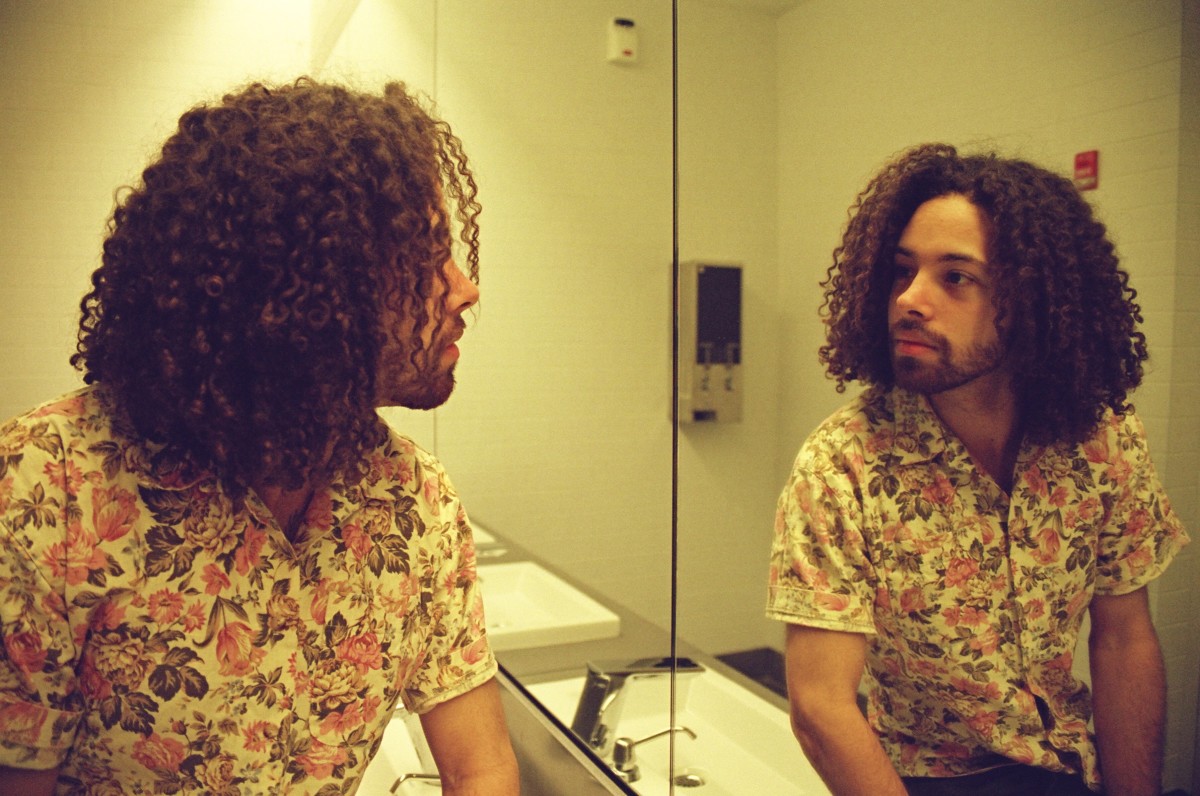
Describe your relationship with your hair now in comparison to growing up.
Oh man, I wanted to be named Sam instead of Sayre. I wanted straight hair instead of curly hair. Essentially, I wanted to be white. I would straighten my hair and bleach it. As I got older I just stopped caring about it. I was realizing that I couldn’t get my hair to be straight. Now I love my hair. I used to think that my differences made me weirder or less attractive compared to other people— compared to white people. Now I see it as something I am incredibly proud of. And people remember me and they remember my hair.
I came out when I was 9, So pretty much from the point of 9 on, there was no way I was gonna fit in with anyone else [laughs] or be able to trick people into thinking that I was someone that I wasn’t. My hair, in some way, is symbolic of that difference.
Do you think your hair defines who you are?
I don’t think it defines me necessarily, but I definitely do think it speaks to some parts of who I am. Which is that I’m a third generation Salvadoran living in the U.S. without many cultural ties to El Salvador, aside from my mother. I transplanted through a bunch of different cities in California. I grew up very aware of my sexuality and, at the same time, trying to understand myself outside of that sexual orientation. In many ways I grew up feeling in between different communities. I’ve never felt tied to anything. I think my hair is the same way. I feel like as a person it’s hard for me to figure out who I am and where I am from, for myself and other people. I’m not in the game of choosing one specific thing to define who I am. My hair is symbolic of that in betweenness.
What do you wish you could see more of in regards to hair within the communities you’re apart of ?
I’d like to see people be more confident and self assured in the choices they make with their hair. Less hyper self criticism around how people will perceive the choices that we make around our own bodies. I think there’s a fear, especially in a college setting, of not being able to pull something off. I mean, it’s like, we’re all gonna be fucking dirt soon anyway so you might as well try something new.


